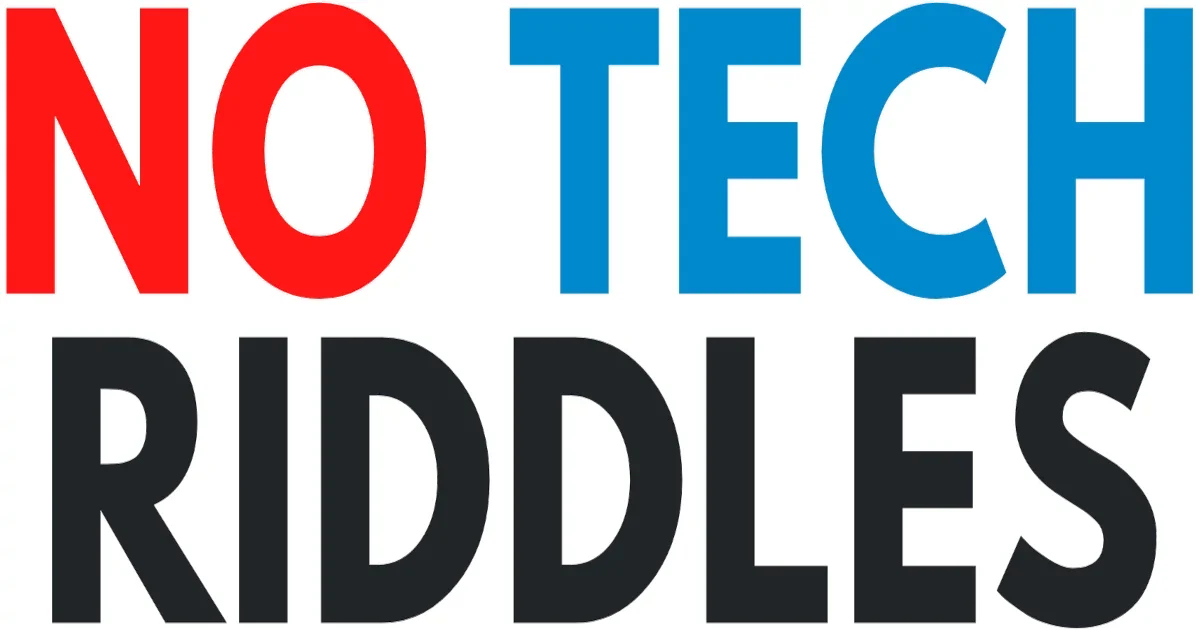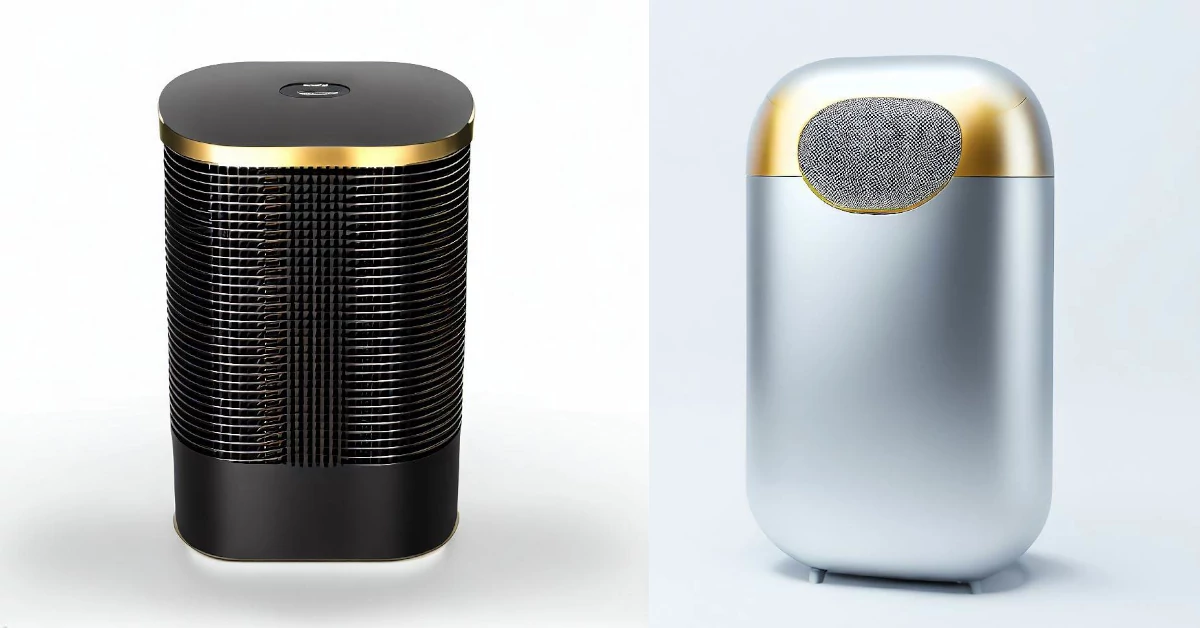Are you sick of always breathing in smoke and other bad things in your home? Do you cough and wheeze more often than you would like? Well, don’t worry, because we know how to help you: HEPA filters.
These powerful filters are made to get rid of smoke and other harmful particles in the air, making your home a safer and healthier place to live.
In this article, I’ll talk about how to get rid of smoke and why using a HEPA filter in your air purifier is a good idea.
So sit back, loosen up, and get ready to breathe easier.
Understanding HEPA Filters for Smoke Reduction

Reducing Smoke with HEPA Filters
HEPA filters are a type of air filter that can get rid of at least 99.97% of dust, pollen, mold, bacteria, and any other airborne particles larger than 0.3 microns.
Most air cleaners, vacuum cleaners, and air handling units have HEPA filters.
They are good for people with asthma and allergies because they can catch small particles like pollen and dust mite feces, which can cause asthma and allergy symptoms.
Ultrafine pollutants, such as viruses and bacteria, can also be caught by HEPA filters.
How HEPA Filters Work
HEPA filters are made of either plastic or fiberglass.
They are made up of intertwined fibers with a diameter of less than 1 micron that are twisted and turned in different directions to make a “fibrous maze.” HEPA filters use a fan to push air through a fine mesh that traps particles.
This can cut the number of particles by up to 85%.
Tests have shown that HEPA filters get rid of 99.97% of all particles that are 0.3 microns or bigger.
As visible smoke is pulled into the air purifier, it goes through the HEPA filter and gets caught.
Limitations of HEPA Filters
But HEPA filters don’t get rid of everything in smoke.
Ultrafine particles that can get through HEPA filters and volatile organic compounds (VOCs) that are too small to be caught by HEPA filters are also found in cigarette smoke.
Activated carbon adsorption technology should be added to HEPA filters to remove VOCs, which are partly to blame for the smell of smoke.
Choosing an Effective Air Purifier
It’s important to keep in mind that not all air purifiers can get rid of smoke particles.
A HEPA filter is the best way to get rid of smoke from the air.
Air purifiers for rooms bigger than 350 square feet are much better at getting rid of smoke.
It’s best to close the doors to the laundry room and bathrooms, since they usually have vents that lead outside.
Smoke particles that have settled on carpets and furniture can also be picked up and trapped by vacuum cleaners with HEPA filters.
Maintenance and Replacement
All air cleaners need to have their filters cleaned and replaced every so often for them to work properly.
Follow the maintenance and replacement instructions that the maker gives you.
Regulations
There are strict rules about how to make and use HEPA filters.
In Europe, HEPA filters have to get rid of 99.95% of particles, but in the US, they only have to get rid of 99.97% of particles.
Because of the way they work, HEPA filters are very good at catching nanoparticles.
Types of Smoke Reduced by HEPA Filters
HEPA Filters and Smoke Reduction
HEPA filters are known for being able to get rid of small particles, like smoke particles, from the air.
Theoretically, these filters can get rid of at least 99.97% of all airborne particles with a size of 0.3 microns, like dust, pollen, mold, bacteria, and smoke.
But smoke also has very small particles that HEPA filters can’t catch and volatile organic compounds (VOCs) that are too small for HEPA filters to catch.
Activated Carbon Filters for Smoke Odor and VOCs
An air cleaner needs both a HEPA filter and an activated carbon filter to get rid of smoke and smoke smell.
The HEPA filter will catch smoke particles, while the activated carbon filter will take in the smell of smoke and VOCs.
Some air purifiers also have pre-filters that catch larger particles like hair and pet dander before they get to the HEPA filter.
Choosing the Right HEPA Filter
It’s important to remember that not every air purifier with a HEPA filter is the same.
Only air purifiers with True HEPA filters can be sure to get rid of smoke particles as well as possible.
Filters that say “HEPA-like,” “HEPA-type,” or something similar may not work as well.
Replacing HEPA Filters
How long a HEPA filter lasts depends on the type of filter, the air quality, and the environment.
As a general rule, it is best to follow the instructions from the manufacturer when replacing something.
Replaceable HEPA filters should be changed every 6 to 12 months, but some can last up to a year before they need to be changed.
Smart Air Filters says that the Sqair HEPA filter should be changed every 1400 hours, which is about 6 months if the Sqair runs for 8 hours a day on high.
Replacing Carbon Pre-Filters
Air purifiers may have HEPA filters and carbon pre-filters that need to be changed every 3 months.
Permanent filters don’t need to be changed, but they should be cleaned every so often to get rid of any dust that has built up.
Maintaining Air Purifier Efficiency
Air purifier filters need to be changed often because over time, the particles that get caught in the filter can build up and make the air purifier less effective.
HEPA filters are some of the best air filters on the market because they can catch 99.97% of the smallest particles.
They are made of strands of fiberglass that are tightly wound and woven together.
This makes a maze that even the smallest particles can’t get through.
To work at their best, HEPA filters should be changed twice a year, or every six months.
An air cleaner needs both a HEPA filter and an activated carbon filter to get rid of smoke and smoke smell.
It’s important to get an air purifier with a True HEPA filter and to replace the filter according to the manufacturer’s instructions.
By keeping the air purifier working well, it can get rid of smoke particles and make the air inside better.
Benefits and Downsides of Using HEPA Filters for Smoke Reduction
HEPA Filters for Smoke Particles
HEPA filters are very good at getting rid of smoke from the air.
By forcing air through a fine mesh, these filters are made to catch small, harmful particles like smoke, pollen, pet hair, and dust mites.
Certified HEPA filters can get rid of 99.97% of particles as small as 0.3 microns.
The EPA says that the best air purifiers with HEPA filters can cut the number of particles in the air by up to 85%.
Limitations of HEPA Filters
Even though HEPA filters are good at getting rid of small particles like smoke in the air, they can’t get rid of the smell of smoke or harmful volatile organic compounds (VOCs).
HEPA filters can only get rid of solid particles, like those in visible smoke.
There are many harmful things in the air that aren’t particles, and HEPA filters can’t get rid of them.
Activated Carbon Filters for Smoke Odor and VOCs
To get rid of the smell of smoke and VOCs that are bad for your health, you need an air purifier with a filter made of activated carbon.
Activated carbon is the only thing that can catch both smell molecules and chemical vapors in the air.
When you use a filter that has both a real HEPA filter and an activated carbon air filter, it is even better at catching the tiny smoke-smelling particles.
The activated carbon filter gets rid of smells, and the HEPA filter gets rid of dust and other small particles.
Other Ways to Enhance Smoke Odor Removal
There are more ways to get rid of smoke smells than just using HEPA filters and activated carbon filters.
Using Febreeze and vacuuming places where smoke has settled can help get rid of some of the smoke particles in the air.
But the best way to get rid of smoke particles in the air is to use an air cleaner with a HEPA filter and an activated carbon filter.
HEPA filters are good at removing smoke particles from the air, but they can’t get rid of the smell of smoke or volatile organic compounds (VOCs).
To really clean the air of smoke, you need an air purifier with an activated carbon filter.
HEPA filters are best at getting rid of allergens like dust, mold, and pollen.
Activated carbon filters are best at getting rid of smells, smoke, and other harmful particles.
Indoor Air Quality: The Relevance to Smoke Reduction with Air Purifiers
Indoor air quality is a crucial factor to consider when it comes to smoke reduction with air purifiers.
Poor indoor air quality can lead to various health issues, including respiratory problems, allergies, and asthma.
Smoke from cigarettes, cooking, and wildfires can significantly affect indoor air quality, making it necessary to use air purifiers to reduce the smoke particles in the air.
Air purifiers with HEPA filters are particularly effective in capturing smoke particles, ensuring that the air in your home or office is clean and healthy to breathe.
By investing in an air purifier, you can improve the indoor air quality and reduce the risks associated with smoke inhalation, making it a worthwhile investment for your health and well-being.
For more information:
Improving Indoor Air Quality with HEPA Filters

Comparing HEPA Filters to Other Air Purifiers for Smoke Reduction
The Importance of True HEPA Filters for Smoke Reduction
People know that HEPA filters are good at getting rid of smoke particles from the air.
But not all HEPA filters work the same way.
Only True HEPA filters have been tested and proven to get rid of 99.97% of particles as small as 0.3 microns.
Filters that are similar to or the same as HEPA may not be as good at getting rid of smoke particles.
Because of this, it’s important to make sure the air purifier has a True HEPA filter for the best smoke reduction.
Activated Carbon Filters for Odor and Chemical Reduction
Even though HEPA filters are good at getting rid of smoke particles, they might not be as good at getting rid of smells, chemicals, or gases.
Air filters with activated carbon are better at getting rid of these kinds of pollutants.
Pollutants stick to the surface of these filters, which is how they work.
Because of this, they are very good at getting rid of volatile organic compounds (VOCs) like formaldehyde and ammonia, as well as other chemicals and smells.
Choosing the Right Air Purifier for Optimal Performance
For the best results, you should choose an air purifier that is right for the size of the room and follow the instructions from the manufacturer.
If they are not used correctly, air purifiers may not clean the air as well as the manufacturer says they will.
So, it’s important to choose an air purifier that’s right for the size of the room and follow the instructions from the manufacturer for the best results.
HEPA Filters for Allergies and Respiratory Conditions
HEPA filters are very good at cleaning the air of things like pollen, dander, mold, and dust.
They are also great for getting rid of the symptoms of common allergies and other lung problems.
Multiple studies have shown that using HEPA filters cuts the amount of particles in the air by 50 percent or more.
The best HEPA filters can catch 99.97% of dust, pollen, smoke, pet dander, and other particles as small as 0.3 microns.
Limitations of HEPA Filters
HEPA filters are very good at getting rid of smoke particles in the air and can help people with allergies and other breathing problems feel better.
However, they can’t get rid of chemicals, gases, and volatile organic compounds (VOCs).
For the best job of cleaning the air, it is important to think about using both activated carbon filters and HEPA filters.
Choosing the Right HEPA Filter for Smoke Reduction
Reducing Smoke with HEPA Filters
HEPA filters are a good way to cut down on the amount of smoke in the air.
They can be used alone or with other tools like universal masking, HVAC systems, and portable air cleaners.
You can find HEPA filters in HVAC systems, in-room air cleaners, and portable air cleaners.
A study done by the Centers for Disease Control and Prevention (CDC) found that two HEPA air cleaners and universal masks cut exposure to aerosols by up to 90%.
ASHRAE suggests putting HEPA filters in HVAC systems to lower the amount of SARS-CoV-2 in the air and, by extension, the risk of it being spread through the air.
But HEPA filtration isn’t a replacement for other methods, like venting the air locally to the outside or using negative pressure.
Using UV lamps and HEPA filtration in the same unit doesn’t help stop infections much more than just using a HEPA filter alone.
Choosing the Right HEPA Filter
When picking a HEPA filter to cut down on smoke, it’s important to think about how big the particles are that the filter can catch.
The True HEPA (H13) filter is the best HEPA air purifier for smoke because it can filter out 99.97% of 0.3m smoke particles.
Some of the best devices for cleaning the air can get rid of particles as small as 0.1m.
But it’s important to remember that a filter that gets rid of particles as small as 0.1m is useless if there is no airflow.
So, a good purifier should have a powerful fan that moves the air around the room and sends it to the HEPA filters.
It’s also important to think about how fast a fan moves air around a room.
When it comes to smoke filters, air should flow through them five times an hour, or five air changes per hour (ACPH).
Activated Carbon Filters for Smoke Smell
Aside from HEPA filters, activated carbon filters can also get rid of gaseous volatile organic compounds (VOCs), like the smell of smoke.
If you also want to get rid of the smell of smoke, you’ll need an air purifier with a large carbon filter that can soak up smells.
Choosing the Right Air Purifier
When looking for an air purifier to get rid of smoke, it’s important to find one with a high clean air delivery rate (CADR) and a size that fits the room or area where it will be used.
The CADR tells how many particles an air cleaner can filter and how large an area it can cover.
It is also important to think about how often filters need to be replaced or cleaned.
Most of the time, pleated filters should be changed every six to twelve months, and activated carbon filters should be changed every three months.
Conclusion

In conclusion, reducing smoke is an important part of keeping an indoor space safe and healthy.
Anyone who wants to breathe clean air and lower their risk of getting respiratory illnesses should buy an air purifier with a HEPA filter.
But it’s important to remember that air purifiers can’t fix everything.
They should be used along with other ways to cut down on smoke, like getting good ventilation and giving up smoking.
Also, it’s important to think about how cutting down on smoke will affect the environment.
Air purifiers can help clean the air inside, but they use a lot of energy and need to have their filters changed often.
As consumers, we should try to make choices that are good for the environment and think about how our purchases will affect the environment in the long run.
In the end, reducing smoke isn’t just about making ourselves healthier; it’s also about making the world a healthier place for people who come after us.
So, let’s make choices based on what we know and be responsible for how we affect the environment.
We do not inherit the earth from our ancestors; we borrow it from our children, says an old saying.
Links and references
- ResearchGate article on air purifiers and secondhand smoke education
- MDPI.com article on interventions to reduce tobacco smoke pollution in homes
- Publications.AAP.org article on environmental tobacco smoke reduction intervention in low-income children with asthma
My article on the topic:

